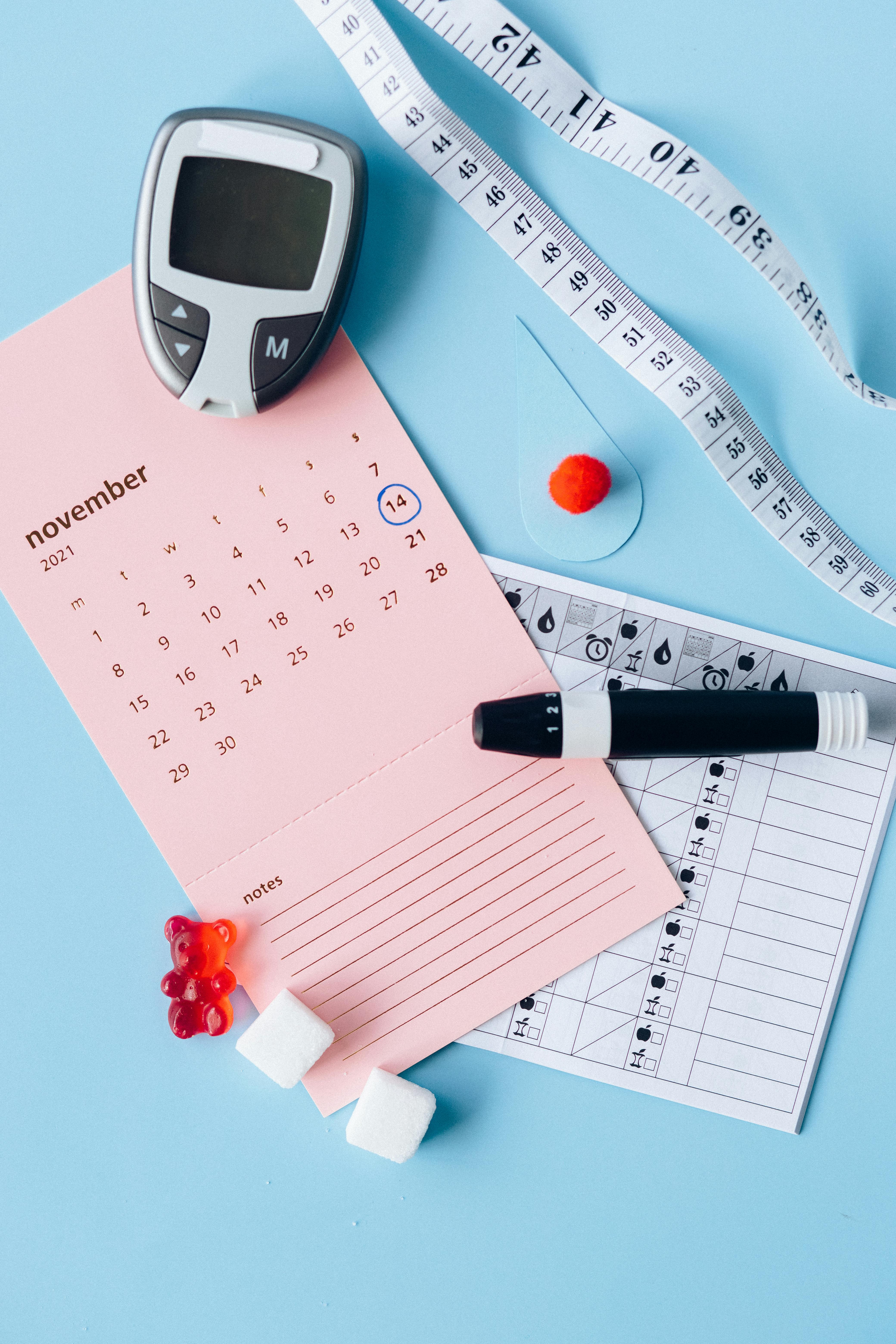
Understanding How Long It Takes for Water to Digest
When it comes to the digestive process, the role of water is often underestimated. Many people may not realize that how long it takes for water to digest can significantly impact overall digestive health. In 2025, the exploration of current insights reveals that proper hydration is fundamental not just for metabolic functions but also for efficient digestion. This article delves into the intricate relationship between water and digestion, emphasizing the importance of optimal water intake.
The digestion process is complex, involving various organs and systems. Water serves as a critical element in breaking down food, maintaining gastrointestinal health, and even regulating stomach emptying time. Understanding these dynamics will enhance your ability to formulate effective hydration strategies that align with your personal needs. You will discover how much water you should consume, best practices for drinking water, and the effects of hydration on nutrient absorption. Let's dive deeper into these insights and see how hydration plays a vital role in supporting a balanced digestion.
Key takeaways include: the timing of water consumption, the digestive benefits of water, the water absorption rate, and how proper hydration can aid in digestion.
Key Factors Influencing Water Digestion Time
Before understanding how long it takes for water to digest, it's essential to explore various factors that influence this timeframe. Digestion is not a one-size-fits-all process; instead, it is affected by several physiological and environmental factors.
Stomach Emptying Time and Digestive Speed
One of the primary elements determining water digestion time is stomach emptying. The speed at which the stomach empties its contents into the small intestine plays a vital role in the overall digestion process. Studies show that water can pass through the stomach relatively quickly, often within 10 to 30 minutes, depending on individual factors such as the presence of food. When you drink water on an empty stomach, it tends to empty faster than when consumed with a meal, highlighting the relationship between water and food breakdown.
Water’s Impact on Gastric Emptying
Delving further into the mechanics of water digestion, the type of water consumed can impact gastric emptying. For instance, cold water may slow down the digestion process slightly compared to warm water, which is often more conducive to digestion. Additionally, carbonated water may lead to temporary feelings of fullness, which can affect your overall water digestion duration.
The Role of Hydration in Digestion
Hydration and digestion are intricately linked. Water is vital for maintaining the mucosal lining of the intestines, which aids digestion. Dehydration can lead to digestive disorders, emphasizing the importance of staying hydrated. Drinking water regularly promotes gastrointestinal function and can alleviate issues such as constipation, further reinforcing the water-digestion relationship.
With these foundational factors established, let’s explore how water consumption can be tailored to enhance digestive efficiency.
Optimal Water Intake for Healthy Digestion
Understanding optimal water intake is crucial for ensuring healthy digestion. The general recommendation is to drink at least eight 8-ounce glasses of water daily, but individual needs may vary based on activity levels, diet, and overall health.
Water Intake Recommendations
Establishing a hydration strategy involves understanding your body’s needs. Adjusting your water intake according to physical activity and climatic conditions can promote better digestive health. For instance, hot weather may necessitate increased fluid consumption to compensate for losses through sweat. Furthermore, hydration guidelines suggest that drinking water before meals can significantly enhance digestion by preparing the stomach for food, thereby reducing the overall digestion duration.
Effects of Hydration on Digestion and Nutrient Absorption
Adequate hydration is not only pivotal for the digestion of food but also plays a significant role in the absorption of nutrients. Drinking water aids digestive enzymes, enabling them to function efficiently in breaking down carbohydrates, proteins, and fats. It also helps to dissolve vitamins and minerals, making them more bioavailable. When considering how much water is healthy to drink, aiming for an appropriate temperature is essential, as warm water is often better tolerated by the digestive system than cold water.
Best Practices for Drinking Water During Meals
Timing and how you consume your water during meals can have varied effects on digestive comfort. While many believe water should be consumed before or after meals, moderate consumption during meals can aid in nutrient absorption without drastically affecting digestion speed. It is important to find a balance that works for you, avoiding overhydration, which can cause discomfort and disrupt the digestive timeline.
With optimal intake guidelines established, let’s move on to the positive effects of hydration on overall digestive health.
The Digestive Benefits of Water
Water is a powerful digestive aid, and its benefits extend far beyond just quenching thirst. Understanding these benefits is key to optimizing digestive health.
Hydration and Metabolism
Water plays a critical role in enhancing metabolic processes. Adequate hydration can increase your metabolism by ensuring that the body's systems function smoothly, ultimately improving the efficiency of digestion. Research indicates that even slight dehydration can slow down metabolic reactions, impacting the digestion of food.
Water and Gut Health
Water consumption contributes significantly to gut health by promoting healthy bowel movements and preventing constipation. Proper hydration levels uphold the osmotic balance needed for the effective passage of food through the digestive tract, emphasizing the importance of hydration for digestion.
Drinking Water and Digestive Disorders
Several digestive disorders can be mitigated through proper hydration. Issues like irritable bowel syndrome (IBS), gastroesophageal reflux disease (GERD), and constipation can often see improvement with increased water intake. Understanding how hydration affects digestion can empower you to combat these conditions effectively.
As you can see, the effects of hydration on digestive health are profound, paving the way for a deeper exploration of how personalized hydration strategies can enhance individual digestive needs.

Personalized Hydration Strategies for Enhanced Digestion
Implementing a personalized hydration strategy involves understanding your body’s unique requirements and adjusting your approach when necessary. Here, we explore methods to customize your water intake for optimal digestion.
Understanding Your Body's Needs
Listening to your body is crucial in developing a tailored hydration strategy. Factors such as age, weight, daily activity level, and climate can influence your hydration needs. Starting your day with a glass of water can kickstart your metabolism and prepare your digestive system for the day ahead.
Measuring Your Water Intake
Keeping track of your water consumption can be beneficial. There are various apps available, or simply using a marked water bottle can help ensure you are meeting your daily hydration goals. Regularly checking your hydration levels throughout the day can prevent dehydration and bolster effective digestion.
Timing of Fluid Intake
Carefully timing your fluid intake around meals can maximize digestion efficiency. For example, consider drinking water at least 30 minutes before meals to stimulate digestion and support nutrient absorption. Additionally, being aware of when to rehydrate post-meal can further aid digestive comfort and efficiency.
With personalized hydration strategies in place, let's address some common questions to clarify aspects of water digestion further.
Frequently Asked Questions about Water Digestion
Can Water Aid Digestion?
Yes, water aids digestion by helping to dissolve nutrients, transport minerals, and support digestive enzymes in their function. It also lubricates the digestive tract, making the food passage smoother.
How Much Water Should I Drink for Digestion?
While the general aim is eight 8-ounce glasses daily, your specific needs may vary. Consider factors like activity level, climate, and overall health when determining your optimal water intake.
What is the Best Time to Drink Water for Digestion?
Drinking water before meals can prepare your digestive system, while maintaining hydration throughout the day helps ensure ongoing digestive efficiency. Avoid consuming excessive amounts of water during meals to prevent bloating.

Conclusion: Hydration is Key to Healthy Digestion
In conclusion, understanding how long it takes for water to digest opens up a new perspective on hydration and its critical role in digestive health. With proper water intake, timing, and a keen awareness of your body’s needs, you can leverage hydration to achieve optimal digestive efficiency. Embrace the importance of drinking water regularly, managing hydration effectively, and enjoying the digestive benefits that come along with a well-hydrated lifestyle. Remember, healthy digestion begins with conscious hydration choices that can ultimately enhance your overall well-being.